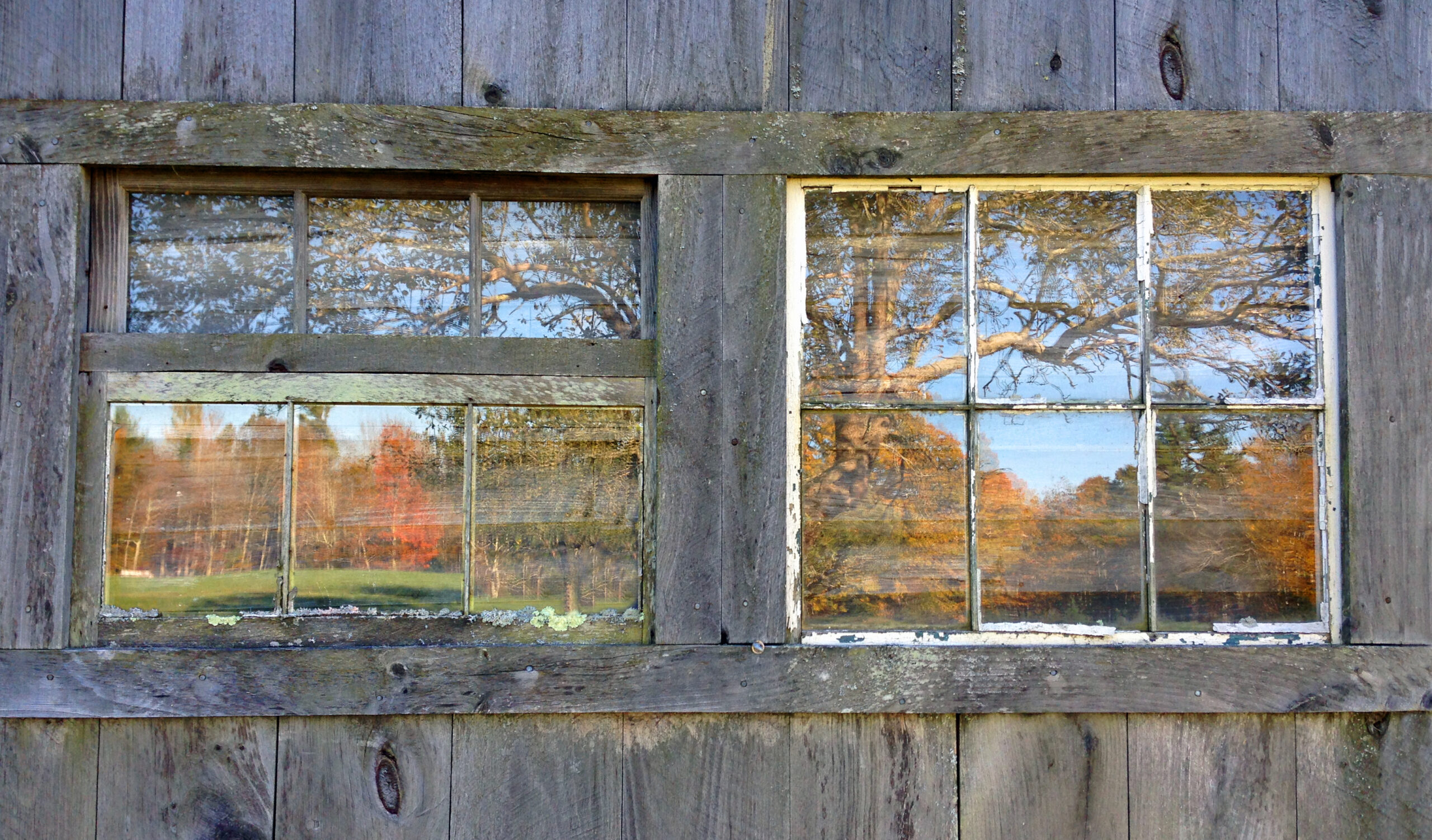
At the domestic level, the virus is teaching us about cooking, self-entertaining, sanitizing (hand washing)—and, more generally, the value of home. At the interpersonal level, we are learning about appropriate disclosers regarding health and about how to relate to other people in new ways via a computer screen or hand-held device—and at a distance when interacting in person.
There is another important interpersonal lesson to be learned that is being motivated by COVID-19. As we find that the virus has a global impact, and as we come to realize that we must work with people all over the world to address the pandemic challenge, we are learning how to relate better to these “other” people. We find that our shared concerned about the virus is leading to an appreciation of what we have in common, as well as what distinguishes us from one another. This essay is an example, itself, of the encouragement offered by the virus for cross-cultural learning.
There are even some philosophical and theological lessons to be learned from the virus. We might have learned more about God as both a giver and taker. We have often been forced to reflect on mortality, in general, and our own mortality, in particular. As Atul Gawande (2017) advocated before the virus hit, we might have discovered how important it is to share details about our health and end-of-life preferences with our children. The virus has motivated this sharing of important mortality-based issues.
We can move beyond our own personal lives to discover important societal lessons. Many of us now increasingly recognize the importance of those who are providing care to other people, as well as those who clean our homes and our streets, take care of our garbage, and supply our food. The virus has taught us that these are all “essential workers” who secure the societal foundation of our daily lives.
The virus has also moved even further out to another domain of our life that we tend to take for granted. This is the domain that we identify as the natural world in which we live. It is the domain in which other animals live, along with the forests, oceans and climate with which we must live and interact. There have been changes in the environment resulting from reduction in miles traveled by car, reduction in the activity of certain manufacturing facilities, and reduced need for the heating of many office buildings (to name but a few of the temporary or perhaps permanent changes that have been made). The virus has taught us that the natural world in which we live is immediately and profoundly impacted by our imprint. However, COVID-19 has also offered a more hopefully lesson: the environment can recover quickly with reduction in human intrusions. The virus (like the octopus) is “teaching us” about our relationship with the environment in which we live. This might ultimately be the most important lesson for us to learn and the most important changes for us to make on our world, given this lesson.








